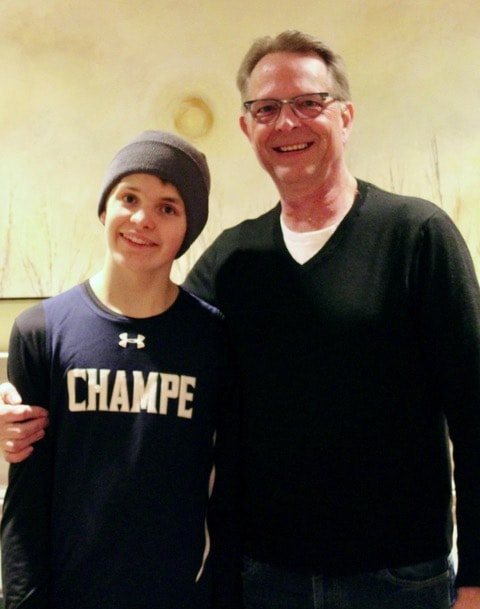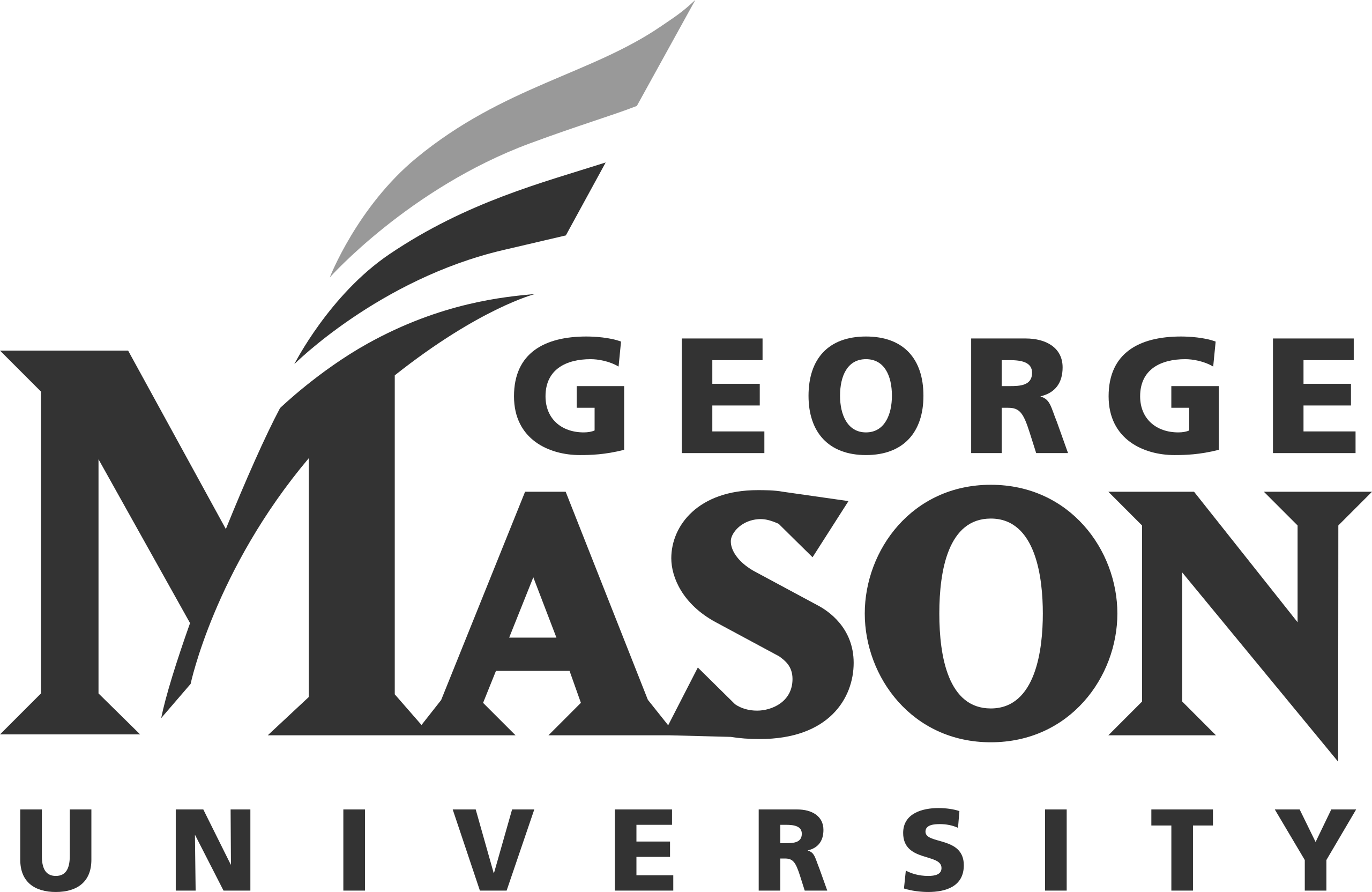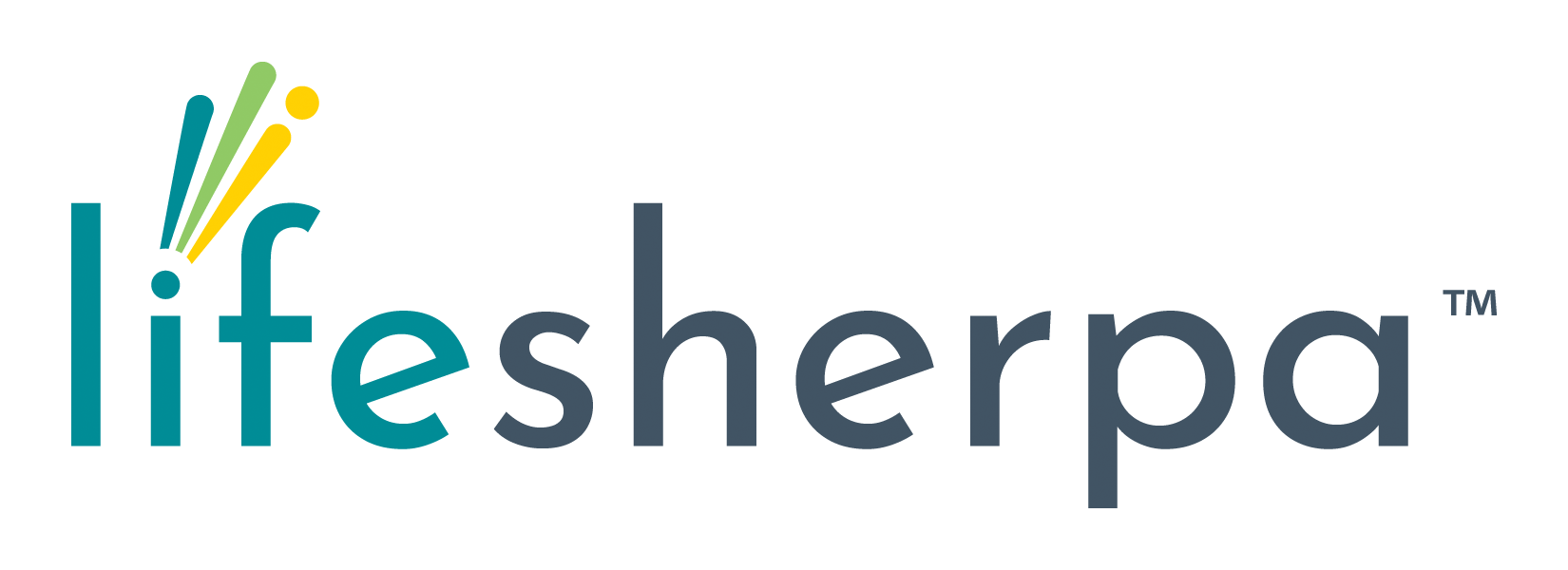Our Story
The LifeSherpa Story
LifeSherpa grew out of a personal crisis when Doug Meeker’s son Scott was diagnosed with autism at age 3. In the face of the limited resources and interventions available, Doug was determined to find solutions to help his son meet the lifetime of challenges ahead of him.
With his background in software development, Doug naturally looked to technology as a means to help his son navigate the future. The ease with which Scott adapted to the iPad’s visual- and touch-based interface made it a natural choice for his platform.

Development of a Virtual Guide and Platform
Doug’s initial goals to test his idea were modest but concrete: get Scott out of bed and ready for school independently—without constant parental nagging. After consulting with therapists, parents and other experts in the field, Doug collaborated with a team of technology executives like him—parents inspired by their children with cognitive challenges—to develop a virtual guide to help support these individuals throughout their day and across the lifespan.
Once a prototype was created, the team started a pilot program with families like Doug’s in Northern Virginia. Along the way, the team started to receive inquiries from organizations such as colleges, disability service organizations like The Arc, schools, and employers who wanted to use LifeSherpa in their own ways. This led to a series of pilot programs and research studies that have shaped and informed the development of the LifeSherpa platform.
Research-tested, Validated by Pilots
Based on feedback from these pilots, as well as a research study at George Mason University that showed how LifeSherpa can drive more independent behaviors in the workplace, the team has created a flexible, customizable experience with a focus on helping individuals overcome executive functioning and emotional regulation challenges. In addition, employers wanted a high level of virtual support, so a private video calling feature was added to allow supervisors and any other support personnel to interact with individuals effectively regardless of location.


At Work in Australia and Around the Globe
In early 2019, DXC Technologies, a $25B global IT company, announced a strategic partnership with LifeSherpa for its innovative Dandelion Program, which places neurodiverse individuals into high-demand jobs in cybersecurity, data analytics and related IT jobs. Deploying LifeSherpa to provide virtual support, the Dandelion program has become a model that is being leveraged by organizations worldwide.
For 2021 and beyond, the team is looking to continue to expand its customer base and research partnerships, including a multi-faceted program with Stanford University and with MITRE, a research organization serving the federal government where there is a growing interest in neurodiversity employment programs for cybersecurity roles.
Advancing Inclusion and Independence
In the next 3-5 years, we hope to substantially impact this ecosystem:

Help sustain 50,000+ (globally) individuals into careers that positively impacts the 3-4x stakeholders (parents, etc.) who support them.

Build an enterprise software company where at least 30% of the workforce are neurodiverse in roles as software testers, trainers, developers, and even sales.

Provide colleges and other research entities with an effective way to create evidence-based practices to support this population.
